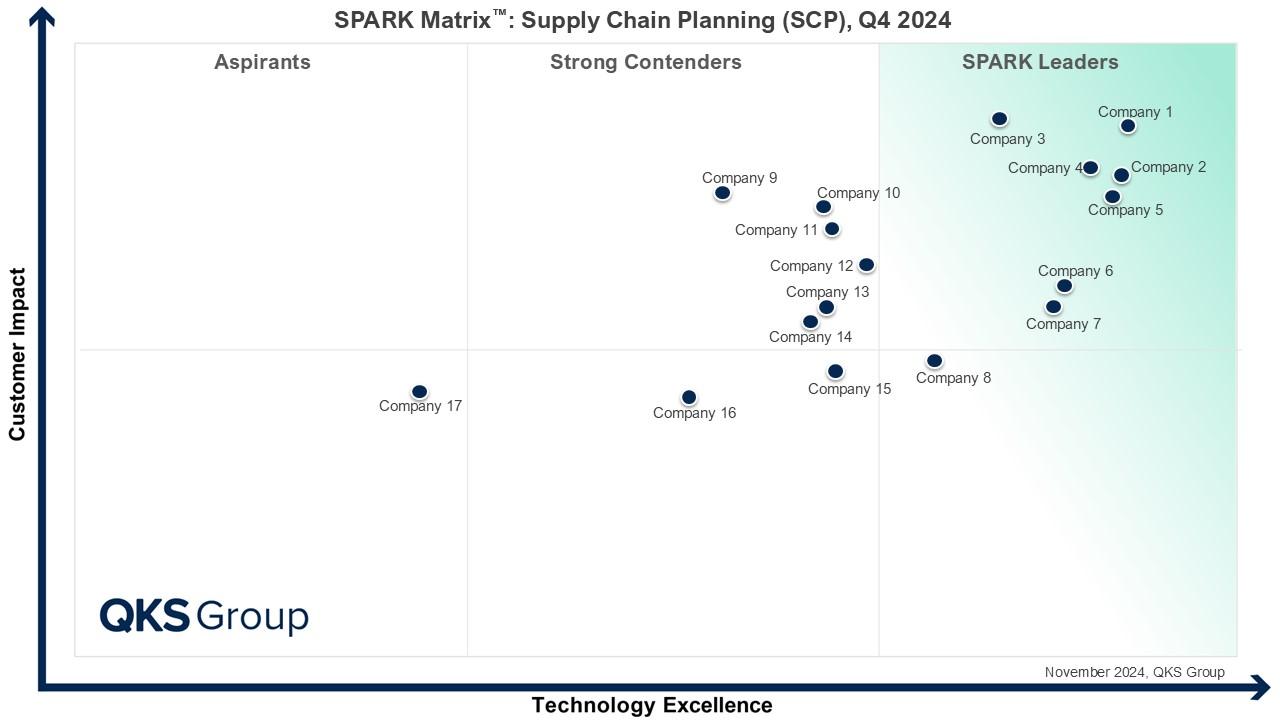In today’s fast-paced business environment, managing the flow of goods, services, and information efficiently is more critical than ever. This is where Supply Chain Planning (SCP) comes into play. Simply put, SCP is a structured approach to ensuring that the right products reach the right place at the right time while balancing supply and demand across the entire network. It serves as a platform that provides businesses with the tools and solutions needed to make informed, data-driven decisions across suppliers, operations, and customers.
At its core, Supply Chain Planning involves forecasting demand, coordinating production schedules, managing inventory, and optimizing distribution. Modern SCP platforms go beyond traditional planning by offering end-to-end integration, allowing businesses to visualize and manage their supply chains in real time. This integration ensures that every decision—whether it’s procurement, production, or logistics—is made in the context of the entire supply network.
One of the key capabilities of SCP is real-time demand and supply management. Businesses often face fluctuations in customer demand, unexpected supply disruptions, or sudden changes in market trends. SCP platforms provide tools to respond to these changes quickly, enabling organizations to adjust production schedules, reroute shipments, or optimize inventory levels. The result is a more agile supply chain capable of maintaining service levels even under unpredictable conditions.
Another critical aspect is scenario planning, often referred to as “what-if” analysis. SCP tools allow companies to simulate different situations, such as supplier delays, changes in demand, or logistical bottlenecks, and evaluate the impact on overall operations. This predictive capability enables businesses to make proactive decisions and develop contingency plans, minimizing risks and avoiding costly disruptions.
The adoption of advanced technologies like AI and machine learning has further transformed supply chain planning. These technologies enhance the accuracy of demand forecasts by analyzing historical data, market trends, and external factors such as economic indicators or seasonal patterns. Machine learning models continuously improve predictions over time, helping businesses anticipate demand changes more reliably. In addition, AI-driven analytics can optimize inventory levels, identify inefficiencies in production, and suggest the most cost-effective logistics solutions.
Collaboration and visibility are also central to modern SCP platforms. Real-time data sharing between suppliers, manufacturers, distributors, and retailers allows for better coordination and faster decision-making. This level of transparency strengthens relationships with suppliers and partners, reduces lead times, and ensures that products reach customers efficiently. Companies that leverage such integrated systems can align procurement, production, and distribution processes seamlessly, creating a more synchronized and resilient supply chain.
Supply chain planning solutions are becoming indispensable for businesses aiming to streamline operations and foster collaboration across stakeholders. Automated tools, coupled with real-time visibility, empower companies to align demand, procurement, and distribution processes effectively. This holistic approach not only mitigates risks but also enhances supplier relationships and customer satisfaction, driving long-term profitability in a competitive environment.
In practice, SCP is used across industries to improve operational efficiency, reduce costs, and enhance customer satisfaction. Retailers use it to ensure shelves are stocked according to demand forecasts, manufacturers optimize production schedules and resource allocation, and logistics providers plan routes and inventory placement for faster delivery. The overarching goal is to create a responsive, flexible, and efficient supply chain capable of adapting to both predictable trends and unforeseen disruptions.
In conclusion, Supply Chain Planning is much more than a process—it is a strategic platform that enables businesses to balance supply and demand, respond to market changes, and foster collaboration across all stakeholders. By leveraging advanced analytics, scenario planning, and AI-powered insights, organizations can not only optimize their operations but also enhance resilience and drive long-term growth. As global supply chains become more complex, adopting sophisticated SCP tools has become essential for businesses seeking efficiency, agility, and competitive advantage.

